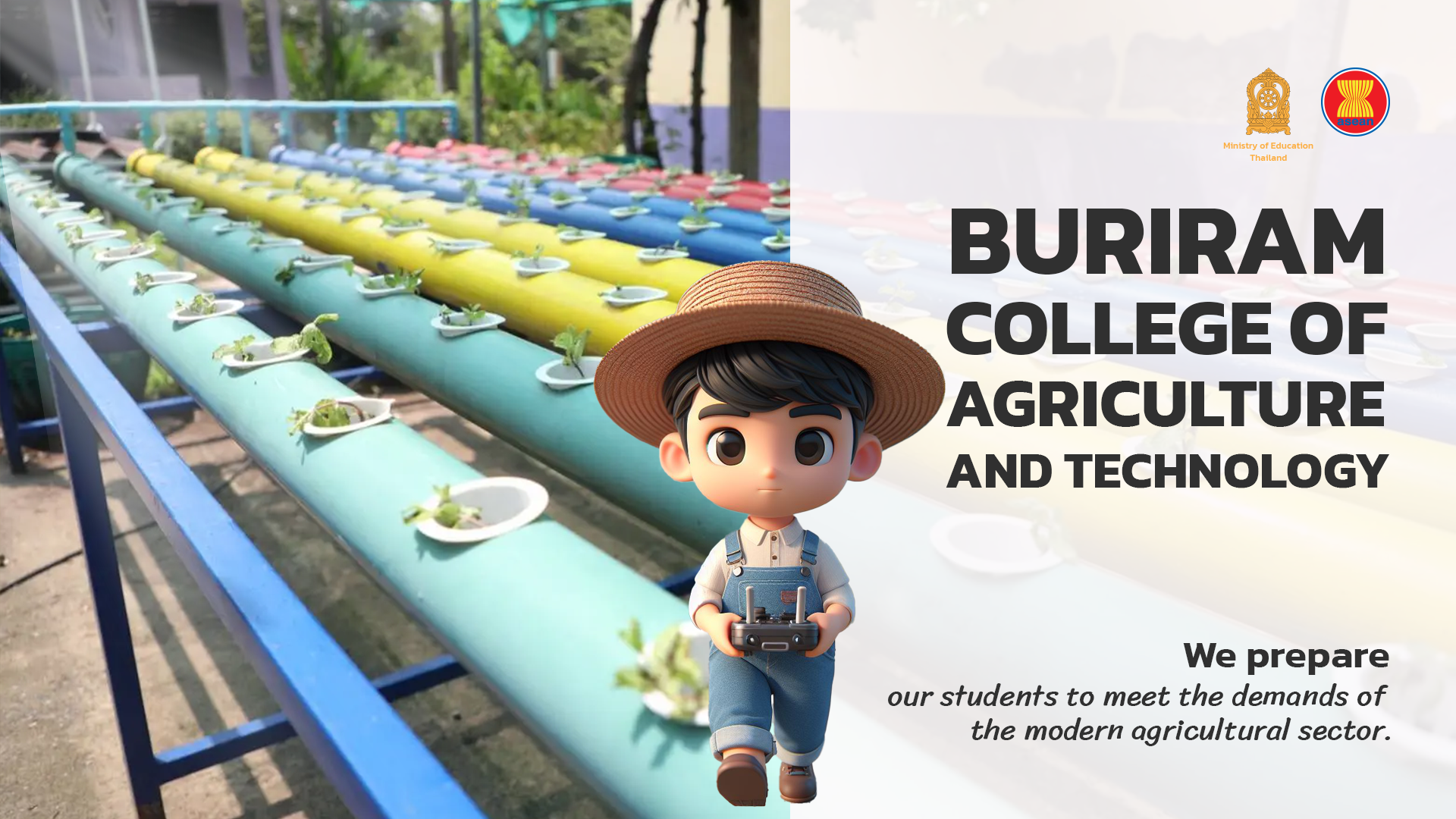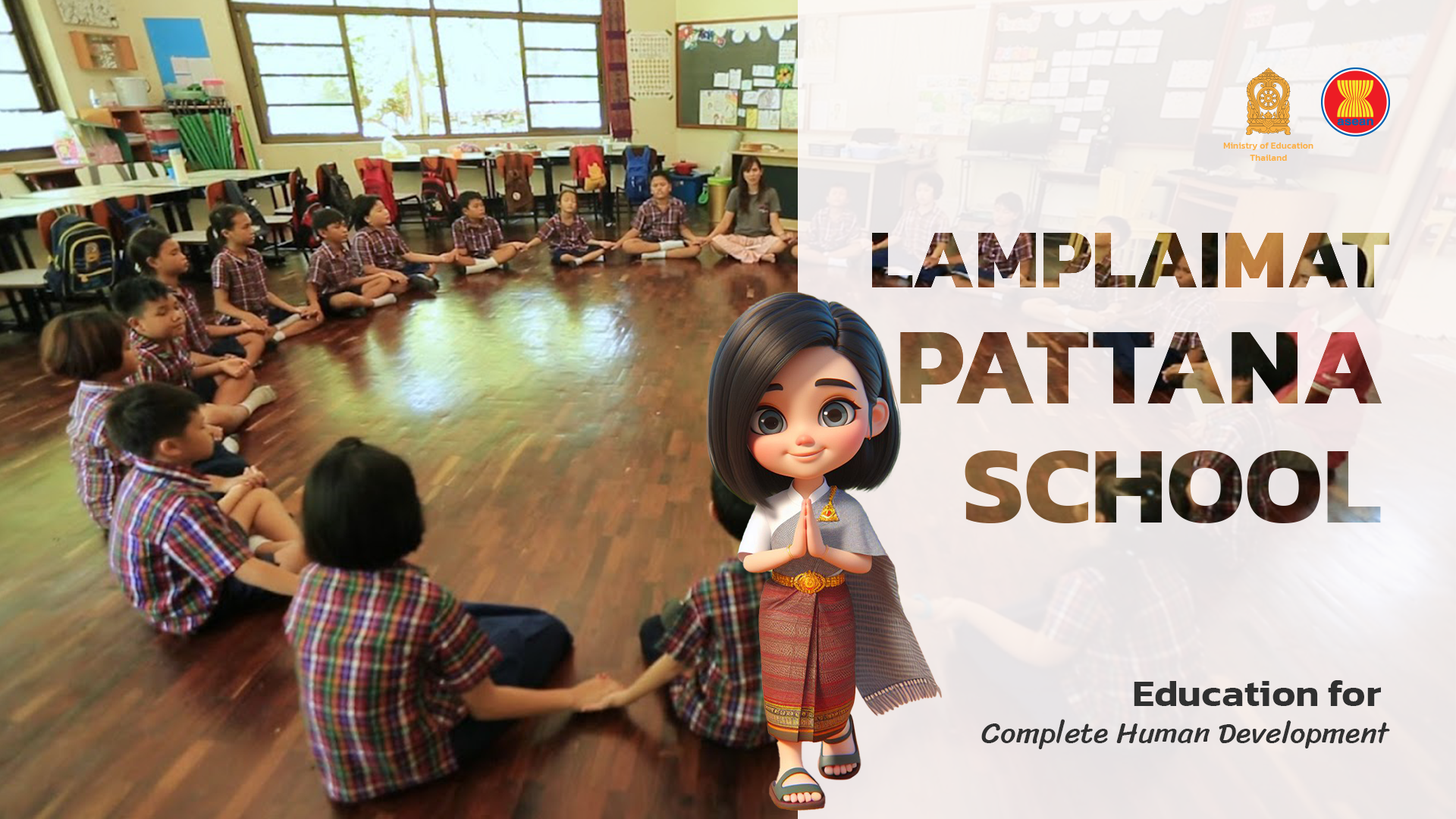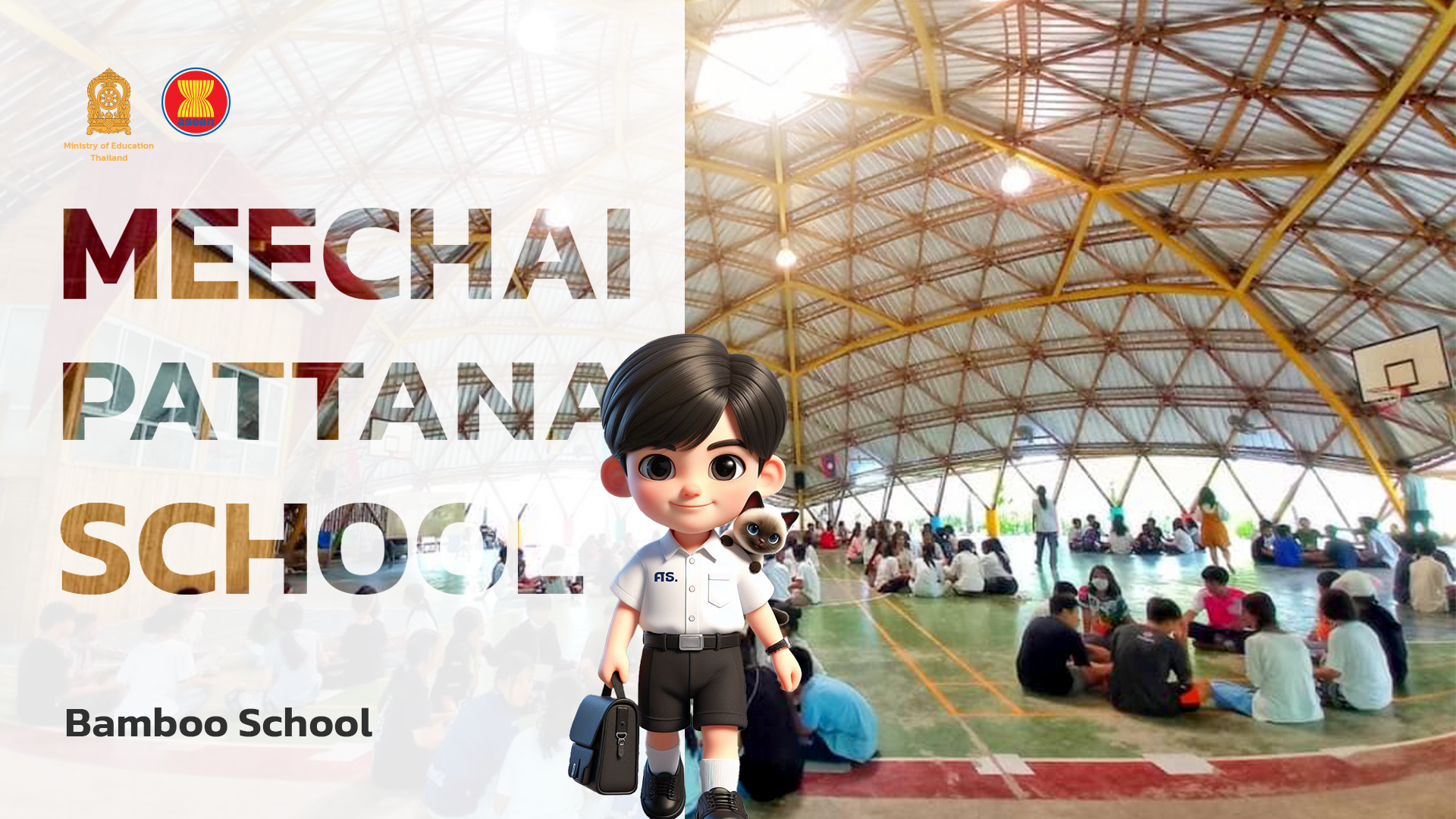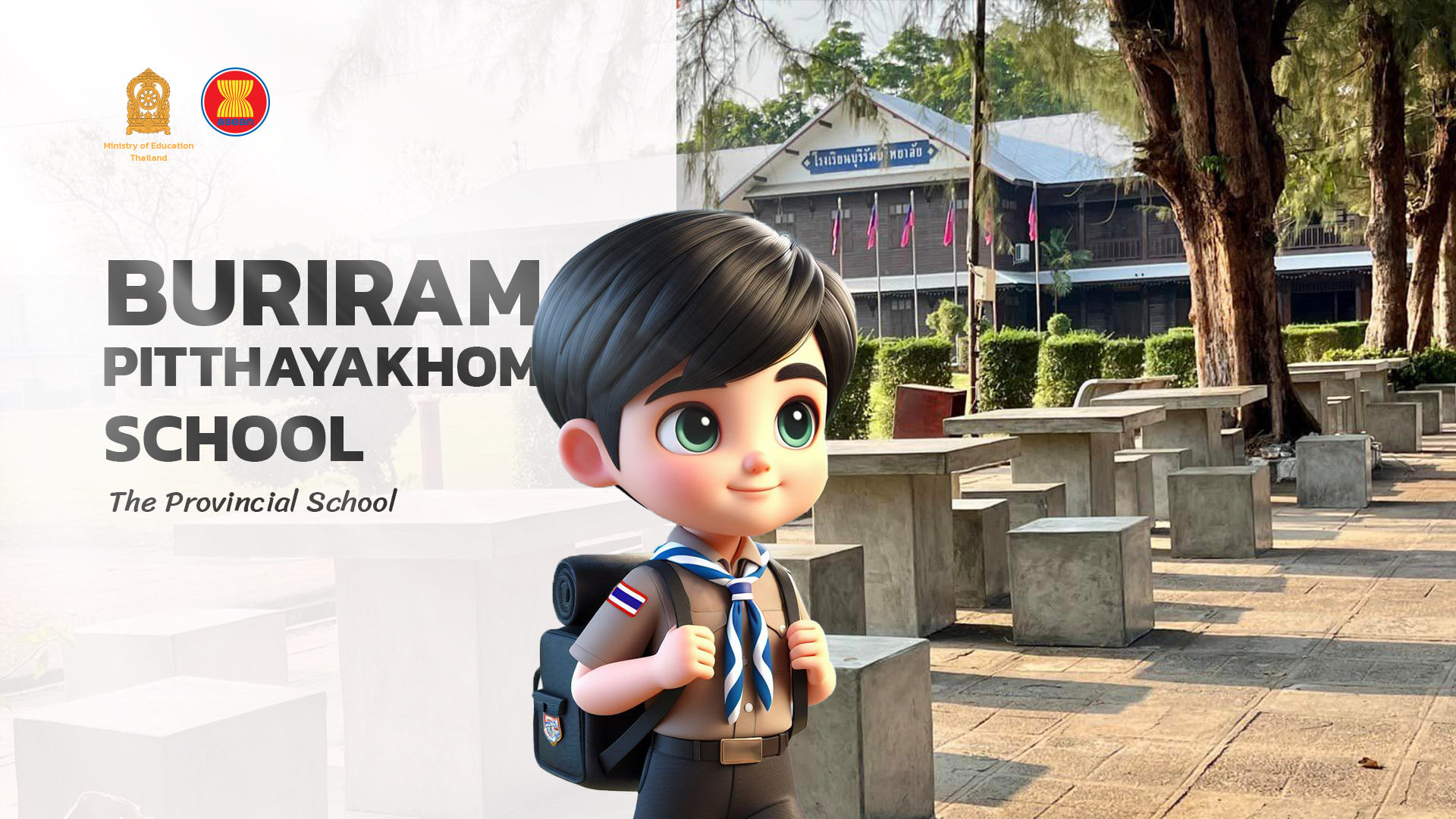There are 2,142 students. This institution is recognized for its focus on agricultural education and technological training, catering to the needs of students interested in pursuing careers in agriculture, agribusiness, and related fields. It offers a range of programs and courses tailored to provide students with both theoretical knowledge and practical skills necessary for success in the agricultural industry. The college emphasizes hands-on learning experiences, research opportunities, and industry partnerships to ensure that graduates are well-prepared to meet the demands of the modern agricultural sector.
STUDY VISIT INFORMATION
STUDY VISIT INFORMATION
“Education for Complete Human Development” Lamplaimat Pattana School was founded with the objective of demonstrating the possibility of providing a high-quality education to children in rural areas. It is a private school, but is owned by a non-profit organization, the Lamplaimat Pattana Foundation, and does not charge tuition fees; financial support comes mainly from charitable donations. It opened in 2002 and has approximately 240 children enrolled at the kindergarten and primary levels. It does not select children based on ability; instead, a lottery is used when necessary. It is located in a rural part of Buriram province in the North-East of Thailand. There is a real need for such a school. Thailand has made good progress towards achieving the goal of universal primary and secondary education, with 95% of children attending school. However, quality remains a major problem, particularly in rural areas. The Ministry of Education has recently introduced a new national curriculum, which is aligned with modern educational thinking. However, most schools have found it difficult to change their traditional teaching methods to meet the needs of the new curriculum. It is important to build skills for imaginative and creative thinking, together with the self-confidence to express that thinking. It is also important to...
Mechai pattana School is also known as Bamboo School. It’s a well-known educational institution in Thailand, named after Mechai Viravaidya, a prominent social activist and advocate for education and public health initiatives in Thailand. It was established in 2008, in response to what founder and chairman, Mechai Viravaidya describes as a failure of the “rote learning” memorization model in conventional Thai schools and rampant inequality between the rich and the poor. “I saw a lot of exploitation in society and also mediocrity in the regular school system. I thought, why not create our own school and do it in a better way – a school that would produce good, decent, and honest citizens who are willing to share, who respect other people, who can look for answers, who are quite independent, and who support gender equality – all those things that I like to see in a person.” , Mechai explains. The school opened to provide children in Thailand with free private education. There are Thai, Cambodia, Vietnamese, and ethnic groups’ students. Along with learning through the formal school curriculum, students at Mechai Pattana must also engage in important life and career-orientated skills such as business management, recruitment and financial responsibility. The school applies UN SDGs practice. In school organic...
Buriram Pitthayakhom School, originally Buriram Provincial School, was established on May 1, 1904, initially offering 4th-grade primary education at Wat Klang Buriram. In 1910, the school moved to the old provincial hall, now the Buriram Prosecutor’s Office, and began offering grades 1 to 3 of secondary education, later adding a 4th-grade secondary class in 1903. In 1926, a 5th grade secondary class was introduced but was temporarily discontinued due to low enrollment. It was reinstated in 1931, and by 1933, the school added a 6th grade secondary class and expanded the 1st-grade secondary class into two sections. In 1936, the school began offering provincial teacher certification classes, and in 1937, it discontinued the 1st-grade primary class, adding another section to the 4th grade secondary class. In 1938, the government established Sri Buriram, a provincial girls’ school, incorporating 19 female students from Buriram Provincial School. By 1940, with a budget of 20,000 baht from the Ministry of Education, a new two-story, 12-classroom wooden building was constructed, and classes began in 1941. The school grounds were fenced in 1947. In 1948, the school introduced a primary teacher training class, discontinued in 1954, and was renamed Buriram College. A science track for preparatory...





